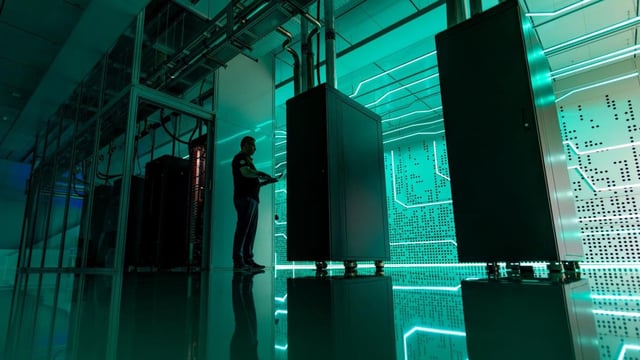Overview
- A UNESCO report warns that generative AI could triple data-center water use by 2027 and calls for a shift to smaller models that can cut energy consumption by up to 90%.
- A Google Cloud and National Research Group study finds 74% of companies recouped AI investments within a year and 86% saw revenue growth of at least 6% tied directly to generative AI.
- The E-MINDS initiative from TU Graz and partners has enabled AI models to run on IoT devices with just 4 kilobytes of memory, unlocking new edge computing applications.
- Investor Vinod Khosla predicts AI will automate 80% of economically valuable jobs over the next six years and could eliminate the need to work by 2040, highlighting potential workforce upheaval.
- Thought leaders advocate for hybrid intelligence orchestrators to scrutinize AI outputs, as OpenAI’s experimental “Study Together” feature emphasizes the growing role of human judgment in AI-driven decisions.



